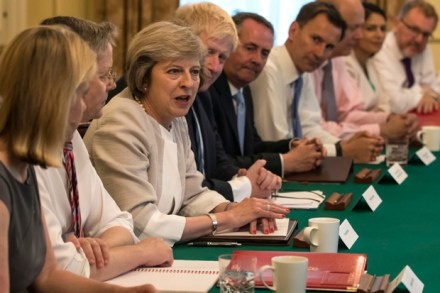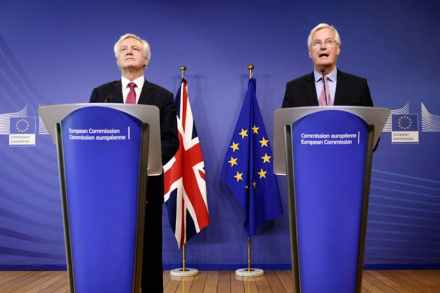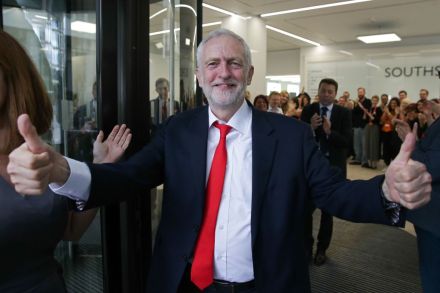How Brexit will change Germany
In the summer of 1990, the editor of The Spectator, Dominic Lawson, went to interview Nicholas Ridley, Margaret Thatcher’s Secretary of State for Industry, and asked him about the drive towards European Monetary Union. ‘This is all a German racket designed to take over the whole of Europe,’ said Ridley. ‘I’m not against giving up sovereignty in principle, but not to this lot. You might as well give it up to Adolf Hitler, frankly.’ The consequences of these comments were seismic. Thatcher demanded Ridley’s resignation, she resigned herself a few months later, and for a quarter of a century thereafter successive Prime Ministers did their utmost to distance themselves from



















